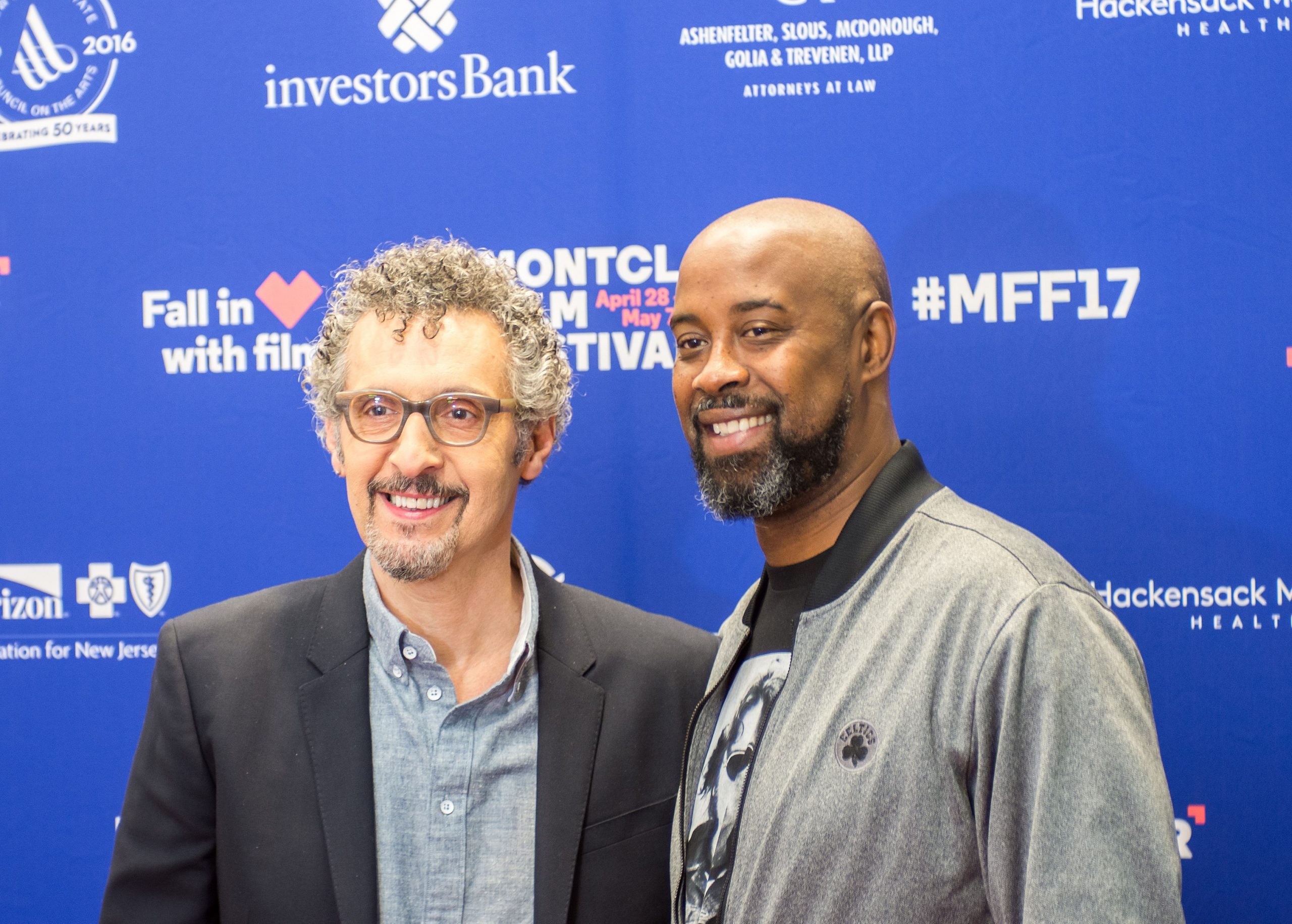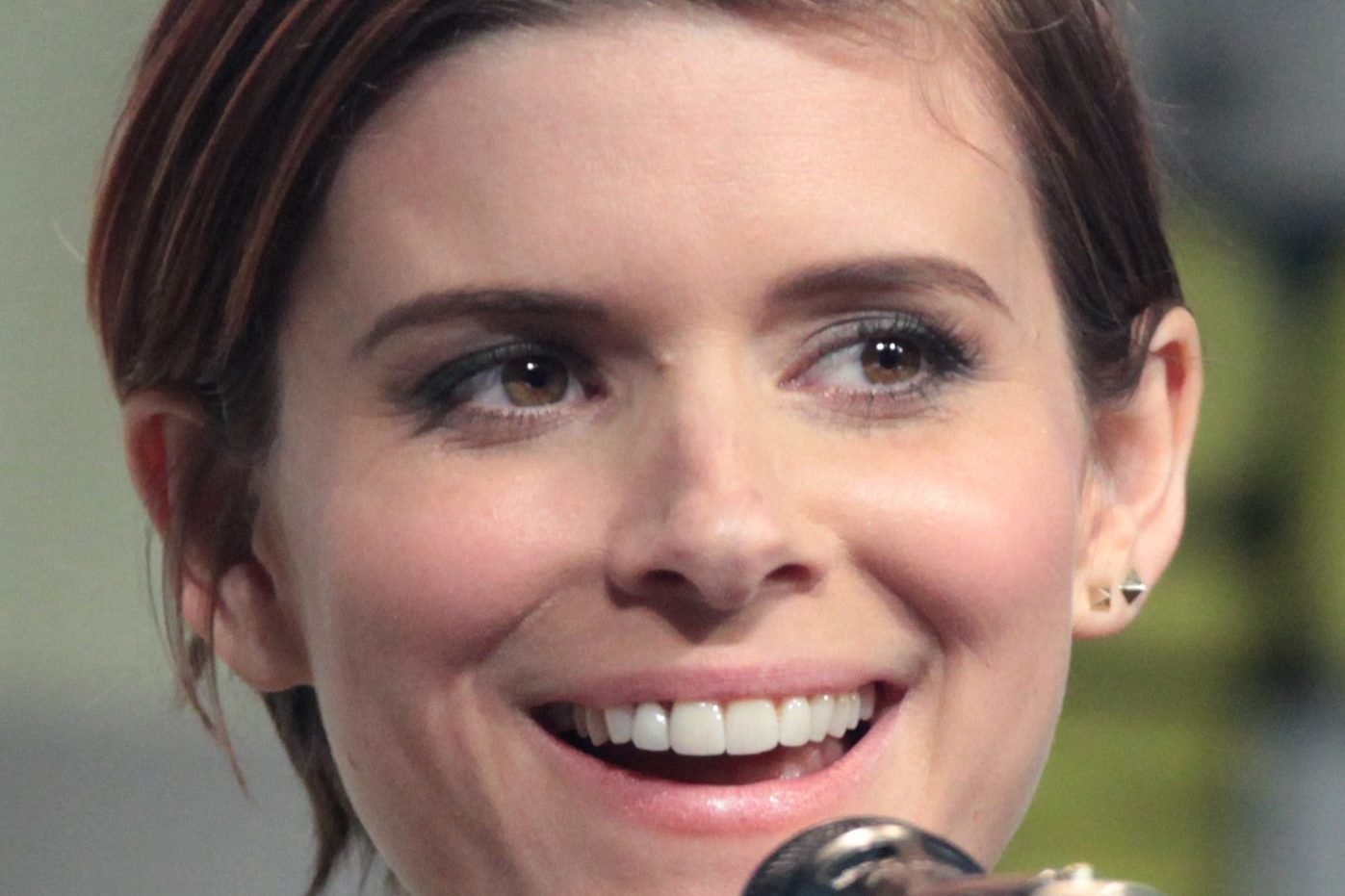It’s easy in Hollywood for an actor to be typecast according to his or her ethnicity. In his long-lasting career, which includes over ninety projects, John Turturro was able to both stay faithful to his Italian roots and avoid playing a specific kind of character. Always interested in learning about his ancestry, he not only can speak perfect Italian but he knows a lot about Italian history too. His parents were both immigrants. John’s dad, Nicola Turturro moved to the States from Giovinazzo, Bari when he was six years old; he fought as a Navy sailor on D-Day and later became a carpenter and construction worker. Katherine, John’s mother, was from Aragona near Agrigento, Sicily. When Katherine was only four years old she lost her own mother and John’s grandfather couldn’t afford to raise her on his own so he put his daughter into an orphanage.
The experience of being raised by the nuns affected her deeply; she resented being Italian during that time and reconnected to her culture only in later years. She found solace in music becoming an amateur jazz singer who worked in a Navy yard during World War II. She would always sing traditional Neapolitan songs to her kids. John was born in Brooklyn, and grew up in the Rosedale section of Queens, New York. He became attracted to the theatre at an early age. He recalls how the constant fights between his parents sounded very theatrical to him, “They adored each other, but it was often fight and make up, which is very Italian.”
He majored in Theatre Arts at the State University of New York at New Paltz, and completed his MFA at the Yale School of Drama. Starting out by doing Chekov, Shakespeare really taught him how to play different roles and therefore escaping being pigeonholed into a certain type of characters, such as mobsters. He was also influenced by his father, who was very proud of being Italian, at the same time he was disheartened by the stereotype in films which usually associated Italy to mafia. “My family is so unlike that,” says John, “my father looked down upon that stuff, and yet he loved The Godfather.”
After a decade of smaller roles, in 1989 Turturro worked for the first time with Spike Lee and over the years he became the actor who has worked the most with the African American director, even more than Denzel Washington. It’s a long standing collaboration based on trust and friendship; not only Turturro was the racism fueled son of the owner of the pizza establishment in Do the right thing, he was also the dumped boyfriend in Jungle Fever, who embarks in an interracial relationship of his own, seeming more grounded than anybody else in the movie. Two characters at opposite ends of the spectrum. Turturro has also often worked with critics darlings Joel and Ethan Coen, creating some of the most memorable characters in the history of cinema. The brainy playwright in Barton Fink and the iconic pederast bowler Jesus Quintana in The Big Lebowski are burnt in audiences’ memory. Alongside the dramatic roles that gave him praises and recognition he juxtaposed several collaborations with comedian Adam Sandler, who he has known since he appeared on Saturday Night Live. Turturro took supporting roles in the most successful comedies of Sandler’s, having fun with the character and often improvising. In 1992 he debuted behind the camera with Mac, a film largely based on his late father’s story; a blue collar tale of brothers at odds with each other in the construction business. The answering machine message that plays at the end of the movie is an actual message that John’s father left him before he died.
That film, which won the Caméra d’Or award at the Cannes Film Festival for best first feature, was really a hit with Italian director Nanni Moretti, who booked it at his theatre Nuovo Sacher. In fact the two met in Cannes and quickly became friends. After many years of talks about working together, Moretti has finally directed Turturro in Mia Madre, which premiered this year in Cannes. Turturro, a fan of Moretti’s early works, fell immediately in love with the script. In the movie he plays a neurotic actor constantly switching between acting and meta-acting, alternating lines in English and in Italian. He has become so fluent that he acts in Italian also in Marco Pontecorvo’s latest, Tempo instabile con probabili schiarite. Turturro would love to reverse the roles and direct Moretti in one of his future endeavors behind the camera. “Nanni and De Niro could play brothers; they both have a tendency of repeating the same thing over and over.”
Turturro’s love story with Italian Cinema has been going on for years. In 1997 he played Holocaust survivor Primo Levi in La Tregua – The Truce, which allowed him to work with his long time friend Francesco Rosi. Turturro spent years, he says, studying the writer and reading all the material available to him. “It was one of the great experiences of my life, working with Rosi, because he’s made films with Gian Maria Volonté, who I think was one of the great actors.” In 2010 he directed and acted in Passione, a documentary about the rich musical tradition of Naples and the Canzone Napoletana his mother adored. He has been proudly carrying dual citizenship since 2011, which is when he received his Italian passport; the final step in honoring his heritage.






























